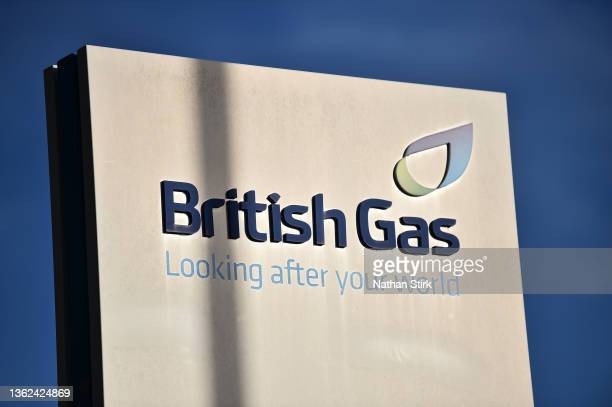In a stunning revelation, British Gas, the UK’s renowned household supply arm, has seen its half-year profits soar by a staggering 889%. However, the real cause behind this remarkable growth might not be what you expect. Centrica, the parent company of British Gas, has announced plans to increase its interim dividend by 33%. But, despite the seemingly impressive figures, Centrica warns that underlying profitability will face challenges in the second half of the year.
Unraveling the Surprising Surge
British Gas records a remarkable 889% surge in half-year profits, attributed mainly to reduced debt-related costs.
Debt-Related Costs Fuel Growth
The surge in profits is largely driven by a reduction in debt-related expenses rather than trading windfalls from high energy prices.
Price Cap Impact on Energy Suppliers
Energy regulator Ofgem’s price cap allows suppliers to recoup debts from energy bills. Contributing to a third increase in Centrica’s interim dividend.
The parent company of British Gas, Centrica, has unveiled astonishing half-year profits for its UK household supply arm. The profits have skyrocketed by nearly 900%.Despite this impressive feat, Centrica is cautious about the future. The company warns of potential challenges to underlying profitability in the coming months. Underlying earnings at British Gas reached a staggering £969 million, a significant increase from the £98 million achieved the previous year.
Surprisingly, the majority of this growth is not a result of trading gains from high energy prices. Instead, it is due to a reduction in debt-related costs.
The crucial factor behind the surge in profits lies in the operations of energy regulator Ofgem. The regulator’s price cap allows energy suppliers to account for debt on energy bills that cannot be recovered, leading to a write-off of such debts. Centrica reveals that approximately £500 million was generated under this scheme during the first six months of the year.
As a result of the unexpected surge, Centrica proposes a remarkable 33% jump in its interim dividend.This move has already boosted Centrica’s shares by over 4%. Adjusted operating profits for the group reached £2.1 billion, a significant increase from last year’s £1.3 billion.
Despite the impressive figures, Centrica faced challenges due to a £250 million hit from wholesale energy losses on household bills. The losses resulted from curbs on supplier charges, impacting energy firms’ profit margins last year. The energy price cap, currently set £1,000 above its pre-pandemic average, has slightly eased regarding oil and natural gas costs. However, it still includes a premium to enable suppliers to recover some of their losses from the previous year and prevent potential supplier failures. Industry experts predict the energy price cap will remain around the £2,000 per year average for the upcoming winter months. This projection will continue to exert pressure on household budgets during the ongoing cost of living challenges.
While British Gas’s profits have soared impressively by 889%. The true driver behind this surge lies in the reduction of debt-related costs rather than trading windfalls from high energy prices. As Centrica plans to raise its interim dividend, the company remains cautious about the future. Acknowledging potential difficulties in sustaining underlying profitability during the second half of the year.















